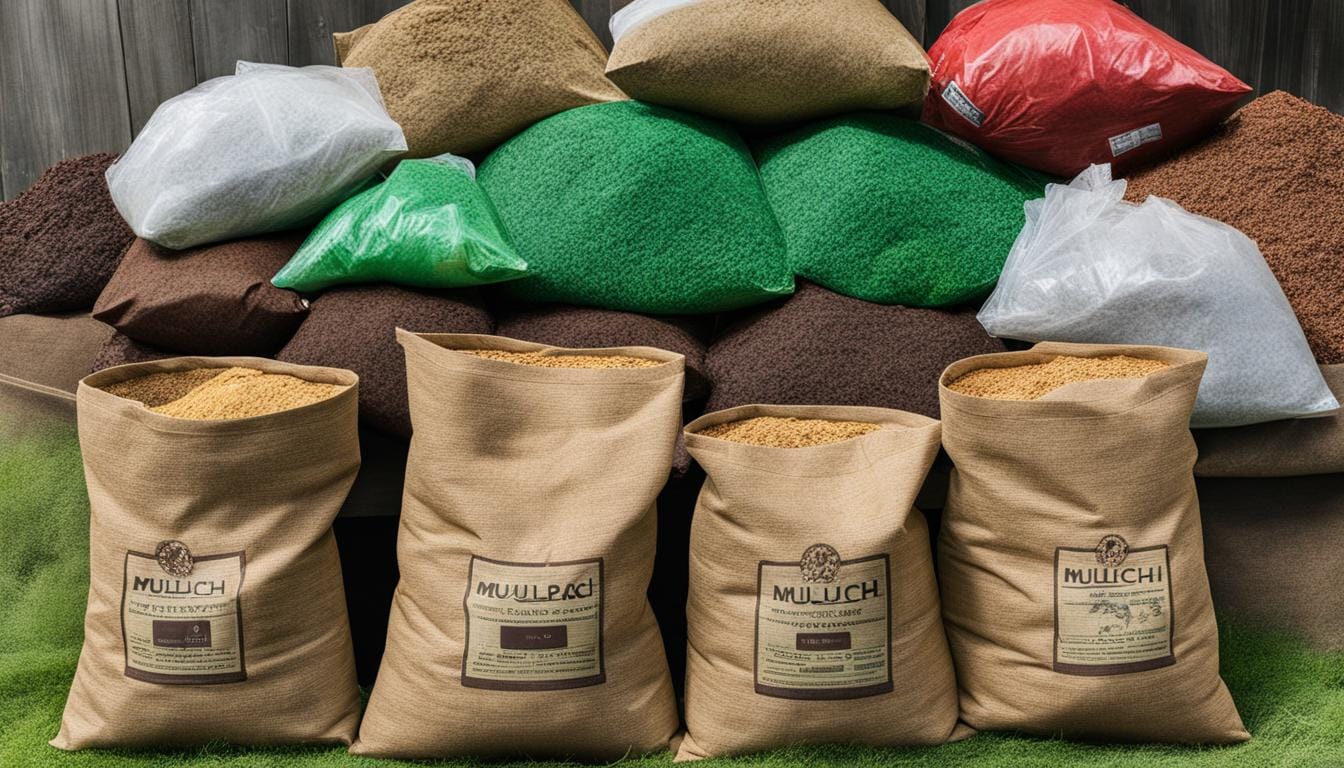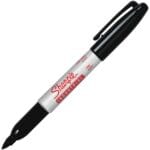Knowing the weight of a bag of mulch is crucial for planning your gardening projects, preventing back strain, and ensuring you have the right amount of material. This comprehensive guide will help you determine mulch bag weights, understand the factors affecting them, and offer practical tips for a smooth mulching experience.
Understanding Mulch Weight
Mulch bag weights can fluctuate significantly—between 25 and 50 pounds on average—depending on several key factors:
- Material: Different mulch materials have different densities. Wood chips are denser than straw, for example, leading to weight variations even in bags of the same size. Rubber mulch, derived from recycled tires, tends to be the heaviest.
- Bag Size: Just like groceries, larger mulch bags hold more and therefore weigh more. A small bag designed for container gardening will be considerably lighter than a large bag intended for landscaping. Common sizes include 1 cubic foot, 1.5 cubic feet, and 2 cubic feet.
- Moisture Content: Mulch absorbs water, significantly increasing its weight. A damp bag of mulch can easily weigh twice as much as a dry bag of the same material and volume.
Calculating Mulch Weight: A Step-by-Step Guide
Check the Label
The easiest and most accurate way to determine the weight of a bag of mulch is to check the manufacturer’s label. The weight is usually printed clearly, often in both pounds and kilograms.
Weigh the Bag
If the label is missing or unreadable, use a scale to determine the weight. A bathroom scale can work for smaller bags, but a heavier-duty scale is recommended for larger, heavier bags. If you’re buying mulch from a garden center, ask an employee to weigh the bag for you.
Estimate the Weight
If you can’t weigh the bag, use the information below to make an educated estimate. Keep in mind these are likely ranges and the actual weight may vary depending on brand and moisture content.
| Mulch Type | Typical Bag Size(s) | Approximate Weight Range (pounds) |
|---|---|---|
| Wood Chips | 2 cubic feet, 1 cubic foot, 1.5 cubic feet | 25-40, 12-20, 18-30 |
| Shredded Bark | 2 cubic feet, 1 cubic foot, 1.5 cubic feet | 20-35, 10-17, 15-26 |
| Rubber Mulch | 0.8 cubic feet, 1 cubic foot, 2 cubic feet | 40-90, 50-112, 100-180 |
| Straw or Hay | 2 cubic feet | 10-20 |
| Pine Straw | 2 cubic feet | 5-12 |
| Compost | 1 cubic foot | 30-40 |
Mulch Coverage: Weight vs. Volume
While bag volume (e.g., 2 cubic feet) provides a general idea of coverage, weight is the more reliable measurement for purchasing. Volume can be misleading due to variations in material compression and density. A loosely packed bag might appear larger but contain less mulch by weight than a tightly packed bag.
Bulk Mulch
For larger projects, you might consider buying mulch in bulk, typically by the cubic yard. Your supplier should be able to provide a weight estimate. Remember, even with bulk purchases, the actual weight may vary based on the material and its moisture content.
Practical Tips for Handling Mulch
- Plan Your Transportation: Knowing the weight of your mulch bags will help you determine if you need a truck, trailer, or delivery service. Avoid overloading your vehicle.
- Lift Safely: Use proper lifting techniques to avoid injury. Bend at your knees, keep your back straight, and lift with your legs. Ask for assistance if a bag is too heavy to handle comfortably.
- Use a Wheelbarrow: A wheelbarrow can make transporting mulch bags much easier, especially for longer distances.
- Consider Delivery: For larger projects involving numerous heavy bags, consider having the mulch delivered directly to your garden.
Conclusion
Understanding mulch bag weights is essential for a successful gardening experience. By following the tips in this guide, you can accurately determine the weight of your mulch, choose the right quantity for your project, and avoid unnecessary strain and extra trips to the store. Happy mulching!
Did you accidentally stain your favorite shirt with blueberries? Don’t fret! Head over to our comprehensive guide on how to remove blueberry stains and say goodbye to those pesky blue blotches.












